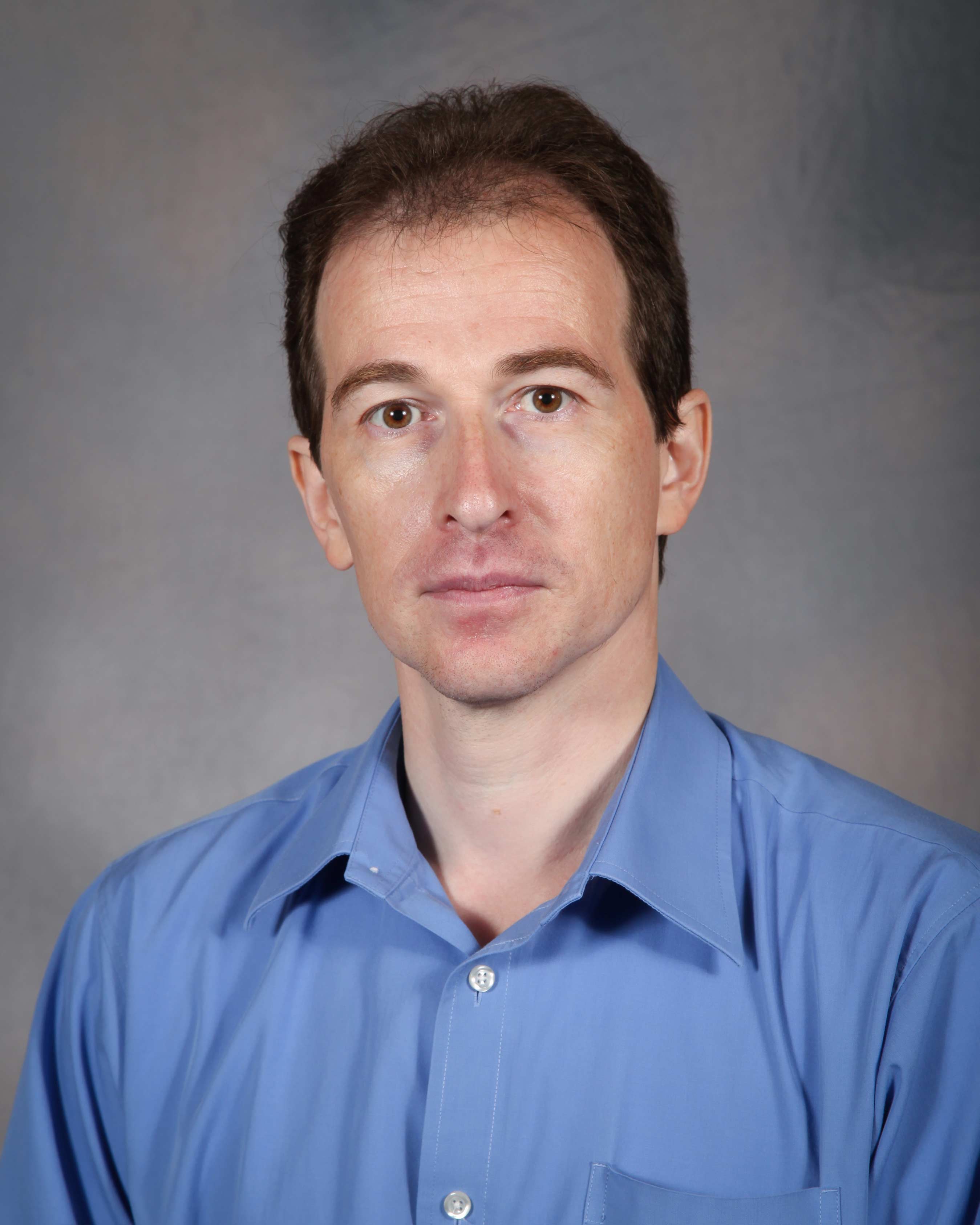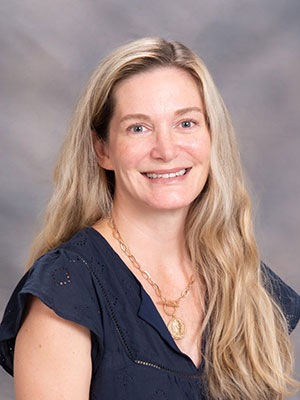
Degrees Offered
- Master of Engineering in Nuclear Engineering
- Online Master of Engineering in Nuclear Engineering
- Master of Science in Nuclear Engineering
- Online Master of Science in Nuclear Engineering
- Doctor of Philosophy in Nuclear Engineering
- Online Doctor of Philosophy in Nuclear Engineering
Certificates Offered
Start your EngineeringCAS Application!
What is nuclear engineering?
Nuclear engineering harnesses the power of atomic processes—such as nuclear fission and radiation—to drive advancements across energy, industry, and medicine. From generating 20% of the nation’s electricity through nuclear power plants to enabling space exploration with nuclear propulsion systems, the field plays a vital role in modern technology.
Applications also include radiation detection and sensor technologies, as well as nuclear medicine, which supports diagnostic and therapeutic care for one in three hospital patients. Together, nuclear engineering and radiological health engineering contribute over $400 billion annually to the U.S. economy, making them essential to both national infrastructure and public health.
What can graduate students do?
- Conduct cutting-edge research in one of the six departmental research areas.
- Explore advanced nuclear engineering topics through graduate-level courses and build expertise with cutting-edge knowledge and technologies.
- Launch your professional career while completing your MS thesis or PhD dissertation through research-driven networking with leading experts in the field.
What career paths can nuclear engineering graduates pursue?
- Conduct research and develop innovative solutions using nuclear engineering technologies.
- Design and deploy technologies ranging from advanced detectors and reactors to medical treatments.
- Create new computational methods and engineering tools.
- Analyze and optimize systems like nuclear reactors and fuel cycle facilities.
- Advance fusion technologies toward commercial deployment.
- Lead efforts to ensure long-term energy independence and nuclear security.
- Develop and implement advanced nuclear systems for applications including naval power and space propulsion.
Where do Nuclear Engineers work?
- Electrical power companies
- Reactor manufacturers
- Architect-engineering firms
- Consulting firms
- National laboratories
- Federal government
- Hospital and medical research centers
- Space Industry
- Government agencies
- International organizations
Why join the nuclear engineering graduate school at Texas A&M?
Texas A&M’s nuclear engineering graduate program is one of the oldest, largest, and best-equipped in the nation. As a graduate student, you’ll work alongside nationally and internationally recognized faculty, using cutting-edge labs and facilities. You’ll also collaborate with national labs, industry leaders, and federal agencies on impactful research.
Our curriculum offers a wide range of advanced courses across five key research areas:
- Computational Methods and Applications
- Nuclear Power
- Nuclear Security and Nonproliferation
- Materials Science and Engineering
- Health Physics
Graduate Program Staff
Pavel V. Tsvetkov
- Director, Graduate Program, Nuclear Engineering
- Professor, Nuclear Engineering
- Slaughter Family Engineering Excellence Professor
- Affiliated Faculty, Multidisciplinary Engineering
- Office: AIEN M205B
- Phone: 979-845-7078
- Email: tsvetkov@tamu.edu

Heather Haliburton Janke
- Assistant Director of Graduate Programs
- Office: AIEN M202B
- Phone: 979-458-2072
- Email: hjanke@tamu.edu
